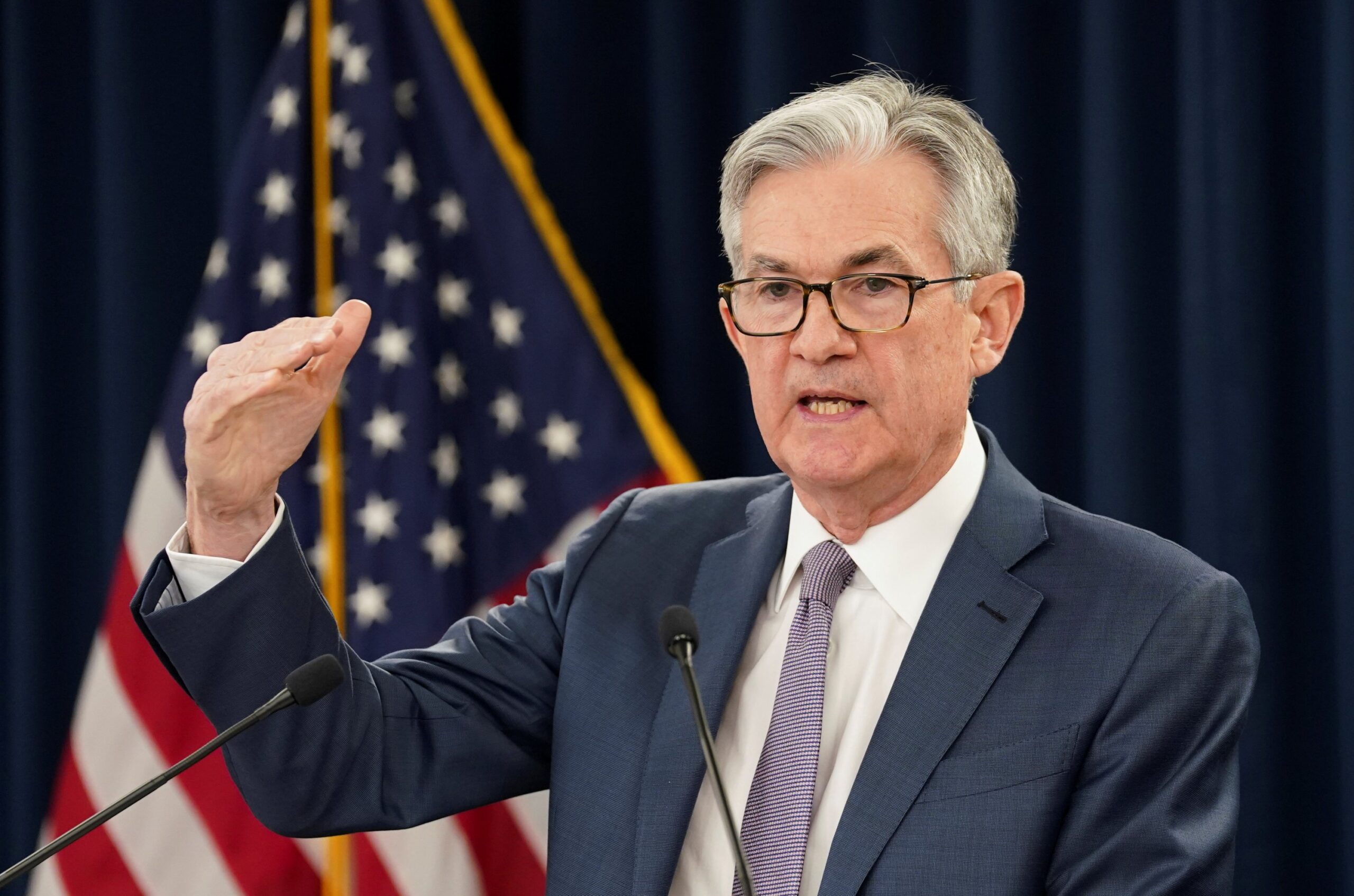Loretta Mester, the President of the Cleveland Federal Reserve, recently delivered a thought-provoking critique on the Federal Reserve’s policy statements, suggesting that they could benefit from a more elaborate and detailed approach in explaining economic assessments and their implications for the central bank’s outlook. Her remarks shed light on the ongoing discussion within the Federal Reserve regarding the effectiveness of its communication strategy, particularly under the leadership of Chair Jerome Powell.
During a conference held at the Bank of Japan in Tokyo, Mester pointed out the perceived shortcomings of the current policy statements, noting their brevity and the challenges they pose in conveying nuanced economic insights. Drawing a vivid analogy to the iconic song “Hotel California” by the Eagles, she highlighted the dilemma faced by policymakers in modifying specific language within these statements, emphasizing the reluctance to alter wording due to potential market interpretations.
Mester’s critique underscores the importance of providing comprehensive and transparent guidance to market participants and the public, especially in navigating complex economic environments characterized by uncertainty and volatility. By offering detailed passages elucidating economic developments and their impact on the central bank’s perspective, policymakers can enhance market understanding and bolster confidence in the Fed’s decision-making process.
Furthermore, Mester proposed the introduction of an “anonymized matrix” alongside the Summary of Economic Projections (SEP), aimed at providing greater visibility into the correlation between individual economic projections and corresponding monetary policy assessments. This innovative approach could empower market participants to better interpret and contextualize the Fed’s policy decisions, fostering a more informed and nuanced dialogue between policymakers and stakeholders.
These recommendations coincide with the planned monetary policy framework review announced by Chair Jerome Powell, signaling a broader reassessment of the Fed’s communication strategy and its effectiveness in shaping market expectations. As the central bank grapples with evolving economic conditions and policy challenges, the need for transparent and informative communication becomes increasingly paramount in maintaining market stability and confidence.
The Federal Reserve’s recent cautious stance on inflation, articulated by Powell’s preference for rate cuts over hikes, underscores the significance of effective communication in guiding market perceptions and influencing policy outcomes. However, the release of Fed minutes later in the month raised concerns about the potential for prolonged periods of elevated interest rates, reflecting the nuanced challenges confronting monetary policymakers amidst evolving economic conditions.
In essence, Mester’s insights underscore the ongoing dialogue surrounding the Federal Reserve’s communication practices and the imperative of enhancing transparency and clarity in conveying its policy intentions and economic assessments to market participants and the public. As the central bank navigates an increasingly complex economic landscape, fostering a more open and informative dialogue with stakeholders will be essential in maintaining market stability and promoting confidence in the Fed’s decision-making process.


















































































